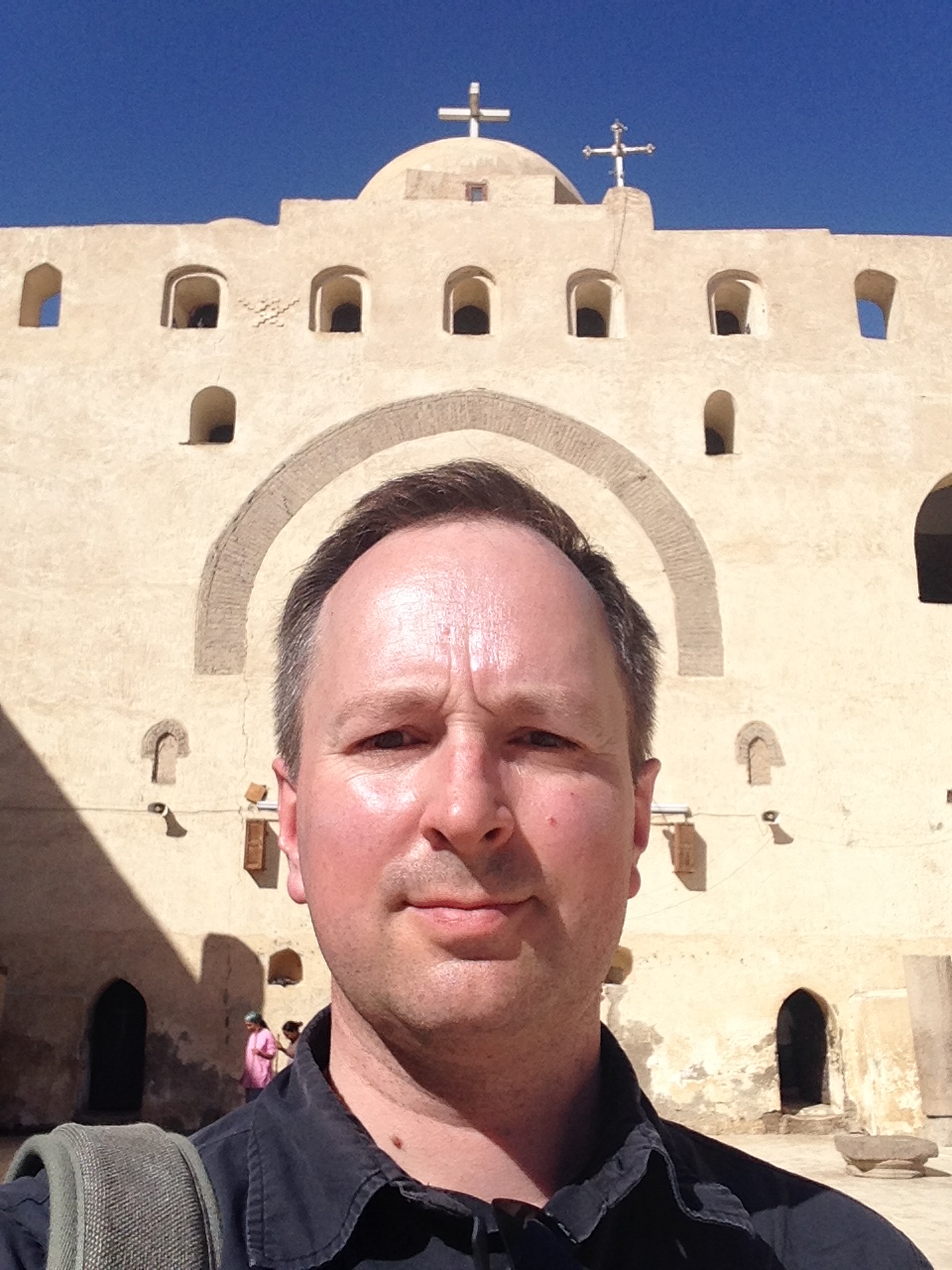
Defining apocrypha as texts and traditions that develop or expand upon characters or events of the biblical storyworld, the project approaches Coptic apocrypha as transnarrative, transmedial, and transauthorial products of Egyptian Christianity. In addition to a solid foundation in Coptology, the project employs theories and methods inspired by a combination of material philology, literary and media studies perspectives, cognitive science, and systems theory. In contrast with more traditional approaches to apocrypha, this project treats Coptic apocrypha as major contributors to dynamic and ongoing processes of literary world-building, extending and developing the biblical storyworld in ways that were profoundly coupled with, and which had important ramifications for, the beliefs and practices of Egyptian Christians over a thousand-year period stretching from late antique and Byzantine times until the early Islamic period, thus spanning the entire period of Coptic literary production. With a strong emphasis on the material carriers of the apocrypha, the project focuses on the contexts of production and use of the manuscripts in which the apocrypha have been preserved.
The project has an important digital humanities component incorporating a relational database and network analysis.


This project is funded by the European Union's Horizon 2020 research and innovation programme under grant agreement No 865971 (ERC Consolidator Grant 2019).


-%E2%80%93-lundhaug.jpg?alt=listing)



